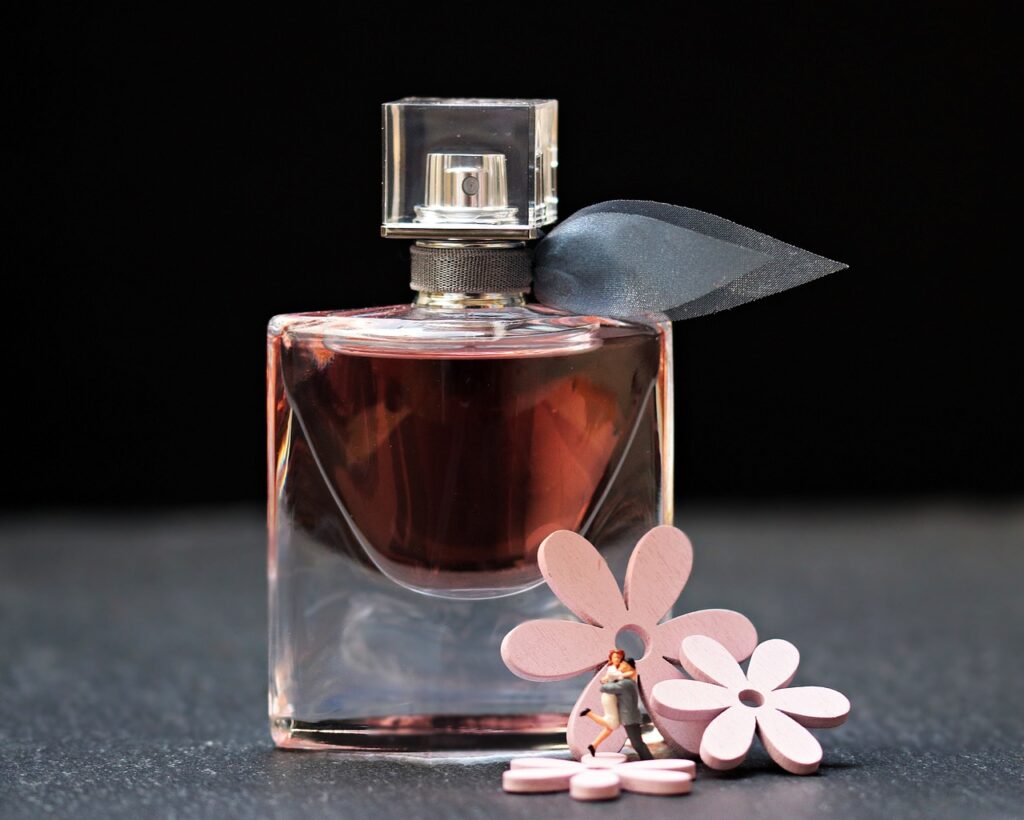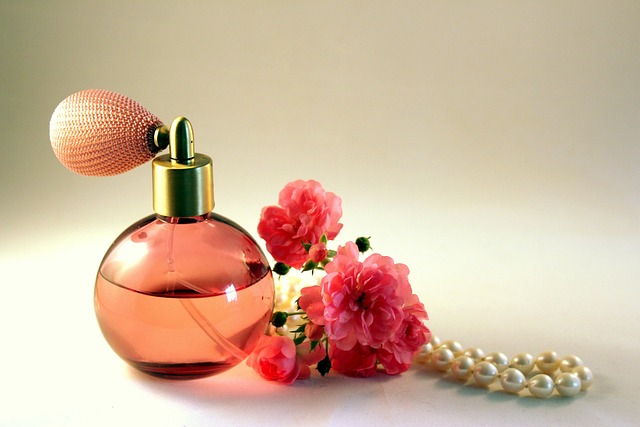Do Perfumes Really Need to Macerate?
Understanding Perfume Maceration
What is Maceration?
Maceration, in the world of perfumery, is the process where the blended perfume ingredients are allowed to “rest” or “age.” Think of it as letting a fine wine age to enhance its flavor. The ingredients meld together, allowing the scent to mature and evolve.
Why is Maceration Important?
Just like a stew tastes better the next day, maceration allows the individual notes in a perfume to harmoniously blend. It can make the difference between a good perfume and a great one.
The Science Behind Maceration
The Role of Time in Perfume Development
Time plays a pivotal role in the perfume-making process. As days turn into weeks and sometimes even months, the perfume undergoes subtle changes, enhancing its overall aroma.
Chemical Reactions During Maceration
During maceration, chemical reactions occur between the ingredients. These reactions can lead to the development of new scent molecules, adding depth and richness to the fragrance.
Benefits of Perfume Maceration
Enhanced Fragrance Longevity
One of the primary benefits of maceration is the increased longevity of the scent. A well-macerated perfume can last longer on the skin, providing a lingering aroma that captivates the senses.
Depth and Complexity of Scent
Maceration adds layers of depth to a perfume. It’s like listening to a symphony where each instrument plays its part, creating a harmonious and captivating melody.
The Debate: To Macerate or Not?
Pros of Maceration
- Enhanced scent profile
- Longer-lasting fragrance
- A richer and more luxurious experience
Cons of Maceration
- Requires patience and time
- Not all ingredients benefit from maceration
- Potential for over-maceration, leading to a muddled scent
Personal Experiences with Macerated Perfumes
A Tale of Two Perfumes
Imagine having two bottles of the same perfume. One is fresh off the shelf, while the other has been macerated for months. The difference in their scent profiles can be night and day, with the macerated version offering a more refined and sophisticated aroma.
The Waiting Game: Is It Worth It?
For many, the wait is a small price to pay for a superior scent experience. It’s akin to waiting for a butterfly to emerge from its cocoon, revealing its true beauty.
Conclusion
Maceration is an art and science in the world of perfumery. While it requires patience, the end result is often a more exquisite and captivating fragrance. Whether you’re a perfume aficionado or a casual user, understanding the process of maceration can deepen your appreciation for the art of scent creation.
FAQs
- What is the ideal duration for perfume maceration?
- It varies depending on the ingredients and the desired outcome. Some perfumes may require weeks, while others might need months.
- Can over-maceration ruin a perfume?
- Yes, over-maceration can lead to a muddled scent profile, losing the distinct notes of the fragrance.
- Is maceration common in all perfumes?
- While many high-end perfumes undergo maceration, not all perfumes go through this process.
- How can I tell if a perfume has been macerated?
- It’s challenging to tell just by smelling. However, brands that prioritize maceration often mention it in their product descriptions.
- Do all perfume ingredients benefit from maceration?
- No, while many ingredients enhance with maceration, some might not show significant changes.


